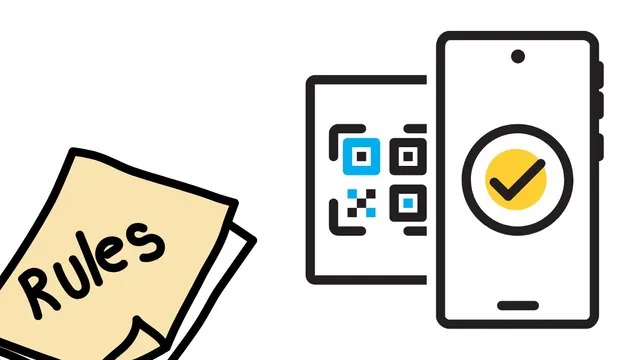Starting August 1, 2025, Unified Payments Interface (UPI) apps such as Google Pay, PhonePe, Paytm, and others will implement a series of backend changes aimed at improving system efficiency, reducing transaction delays, and enhancing user security. These updates, mandated by the National Payments Corporation of India (NPCI), are designed to address the growing strain on UPI infrastructure caused by excessive non-financial requests and peak-hour congestion.
Key Highlights of the New Guidelines
The NPCI’s revised framework introduces daily limits and timing restrictions for several commonly used features within UPI apps.
- Users will be allowed to check their bank account balance up to 50 times per app per day
- Linked account view requests are capped at 25 per day per app
- Autopay mandates will be executed only during non-peak hours, with one initial attempt and up to three retries allowed
- Apps can fetch verified merchant lists and security keys only once per day, restricted to off-peak hours
- Transaction status checks must follow a staggered pattern to avoid server overload
These measures aim to reduce unnecessary traffic and ensure smoother, faster transactions during high-demand periods.
Impact on Balance Checks and Account Views
One of the most noticeable changes for users will be the cap on balance enquiries and linked account views.
- Balance checks are now limited to 50 per day per app, encouraging users to rely on post-transaction balance displays
- Linked account views are restricted to 25 requests per day, initiated only after the user selects their bank
- Automatic retries for failed requests are disabled; users must manually trigger retries to avoid system strain
These limits are expected to reduce backend API calls and improve overall responsiveness of UPI platforms.
Autopay Mandates and Scheduled Transactions
Autopay features, commonly used for subscriptions, EMIs, and utility bills, will now follow a regulated execution schedule.
- Mandates will be processed outside peak hours: before 10 am, between 1 pm to 5 pm, and after 9:30 pm
- Each mandate will be allowed one execution attempt and up to three retries
- Businesses must align their collection schedules with these time slots to ensure timely payments
This change is designed to ease congestion during peak hours and prevent transaction failures due to server overload.
Merchant Verification and API Discipline
To further streamline backend operations, UPI apps will limit the frequency of merchant verification and API usage.
- Verified merchant lists and security keys can be fetched only once per day, during non-peak hours
- Apps and banks must monitor all backend traffic, including automated requests from partner institutions
- Systems must avoid blindly passing requests during peak usage windows
These steps are intended to enhance digital discipline and prevent outages caused by excessive API calls.
Compliance Timeline and Enforcement
All UPI ecosystem members, including banks and payment service providers, are required to implement these changes by July 31, 2025.
- A system audit must be completed and submitted to NPCI by August 31
- Non-compliance may result in penalties, restricted API access, or suspension of new customer onboarding
NPCI’s enforcement measures underscore the importance of maintaining a stable and secure digital payment environment.
User Experience and Long-Term Benefits
While the changes may require minor adjustments in user behavior, they are expected to deliver significant long-term benefits.
- Faster transaction processing and reduced failure rates
- Improved system reliability during peak hours
- Enhanced transparency and control over backend operations
- Better alignment between user actions and system capabilities
These updates reflect NPCI’s commitment to evolving UPI into a more robust and scalable platform as digital payments continue to surge across India.
Sources: Business Standard, Economic Times, News18, CNBC TV18, India Today, NDTV Profit, NPCI press releases, MSN India
